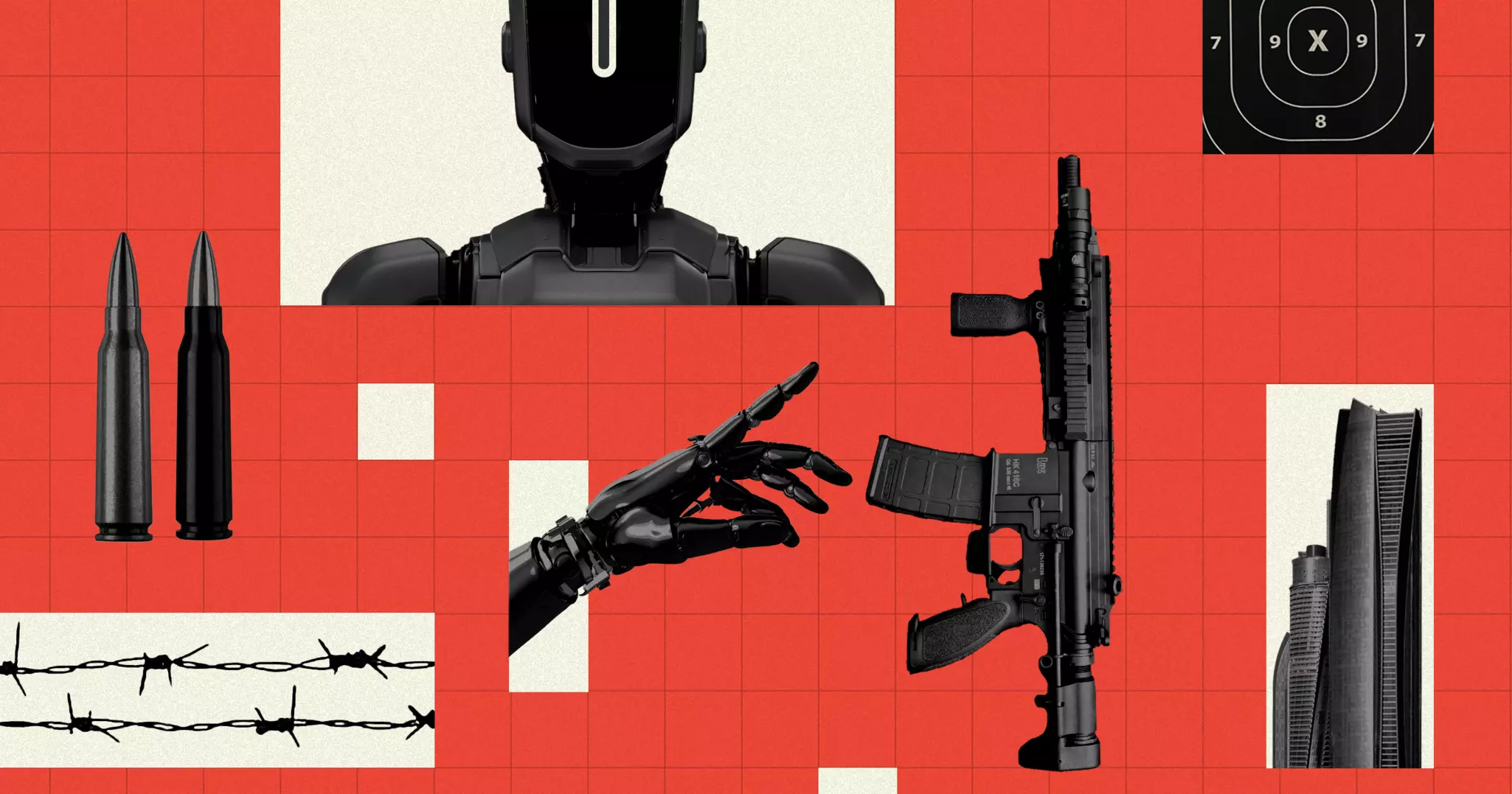
A major military foundation is investing heavily in humanoid robots, envisioning them as future soldiers and support personnel. These robots, nicknamed "Atlas," are designed to perform dangerous or repetitive tasks, freeing up human soldiers for more complex missions. The development aims to address manpower shortages and improve operational efficiency. Experts believe these robots could be crucial for tasks like bomb disposal, reconnaissance, and logistical support, offering a potential advantage on the battlefield. The project draws inspiration from iconic science fiction, specifically the Terminator, sparking discussion about the ethical implications of advanced robotics in warfare.
The foundation's push reflects a broader trend in military technology, fueled by advancements in artificial intelligence and robotics. These humanoid robots are not intended to replace soldiers entirely, but rather to augment their capabilities and reduce risk. Development focuses on robust design, AI-powered navigation, and the ability to adapt to unpredictable environments. While promising, the technology raises concerns about accountability, potential misuse, and the long-term impact on the nature of warfare. Discussions are ongoing about regulations and safety protocols to manage the integration of these robots into future military operations.